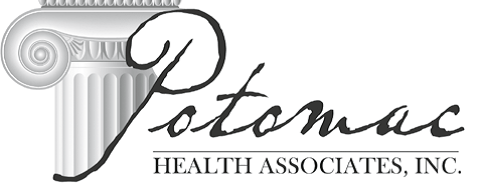Incumbent contractor protests VA award to competitor because it didn’t know the follow-on RFP was released and failed to submit a proposal.
GAO: Tough luck.
There are a whole lot of legitimate reasons for filing a protest. One that apparently doesn’t hold water with GAO, however, is: “I didn’t see the announcement in SAM” and the agency never sent the RFP to me upon release. This excuse is about as convincing to GAO as a third grader’s excuse for not turning in his homework assignment because “the dog ate my homework.” In dismissing the protest, GAO found that the formal solicitation announcement was posted to SAM and that an agency has no obligation to notify a prospective contractor–including an incumbent–that a follow-on solicitation RFP has been released.
In this case, the incumbent contractor apparently expressed interest in response to an RFI for its follow-on contract, but claimed that even though it signed up for email alerts, it never received the notice from SAM announcing release of the RFP, and didn’t know the clock was running.
As strange as this may sound, this is not the first time we have seen the same thing happen before…and it’s probably not the last time it’s going to happen, either. Here are a couple suggestions to prevent this from happening to you:
- If you’re the incumbent, make sure to “follow” the specific solicitation in SAM…despite what the contractor above experienced.
- Even if you have enabled the “follow” function for the specific contract, create a “Saved Search” in SAM specifically for the solicitation, and run it periodically around the time when you expect release. While “following” a specific solicitation is supposed to automatically generate an email directly to you each time a notice associated with the solicitation is posted in SAM, there could be times when the email notification system has glitches. If you missed an alert, running the search periodically will serve as a back- up if you miss or don’t get an email alert.
- If you are the incumbent, you should know when the contract expires. But in case you forgot, check FPDS-NG. That should give you a heads up on the time to become extra vigilant.
- Check in periodically with the Contracting Officer (CO) and Contracting Officer’s Representative (COR) for an estimated date of release. Often, the COR may have more information about the RFP than the CO.
In this particular case, the VA issued the RFP on May 26, 2023 and the due date for proposals was June 26, 2023. But it wasn’t until August 30, 2023, over two months after the deadline, that the protester first emailed the CO to inquire about release of the RFP and learned not only that the RFP has been released, but that the proposal due date had already passed.
Although the circumstances here are unfortunate, there’s a subtle, but more important lesson to be learned. What this tells me is that if the incumbent had been seen as an important partner who work added value to the agency, the CO/COR would have been disappointed that they didn’t receive a proposal, and would have been on the phone within minutes of the deadline to ask why. The fact that almost two months went by after the deadline without any inquiries from the CO/COR, suggests that the agency wasn’t particularly concerned or upset that they did not receive a proposal from the incumbent. Had the the incumbent established themselves as a value-added partner with the VA, the circumstances here might have been very different.
Contact PHA today to learn more.
